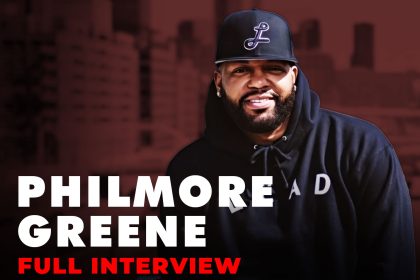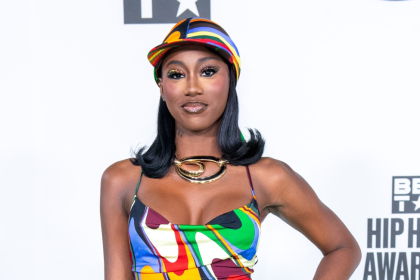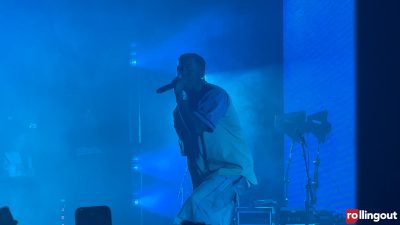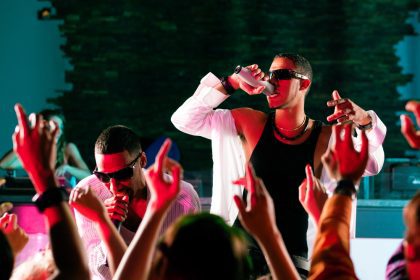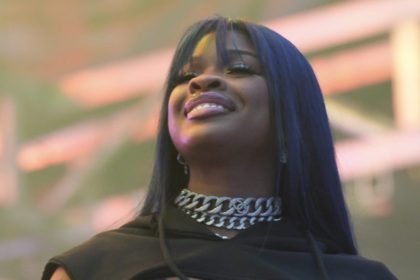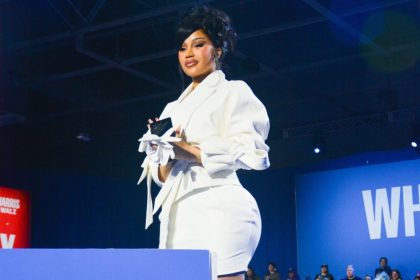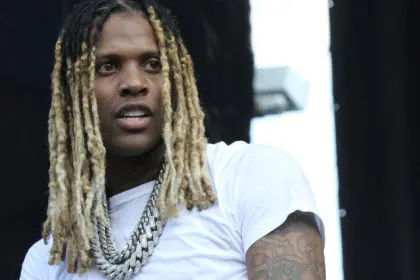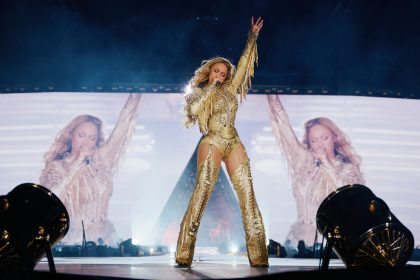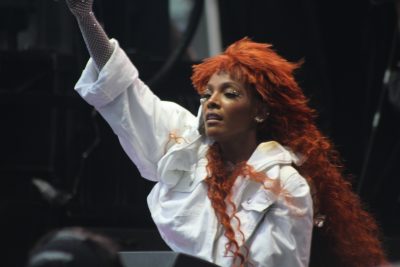Before the current controversy erupted, Cardi B established herself as one of hip-hop’s most successful collaborators. Her work with Megan Thee Stallion produced chart-topping hits that showcased the power of women supporting women in rap. The “WAP” rapper’s ability to create magnetic partnerships has consistently resulted in commercial and critical success throughout her career.
The announcement that sparked debate
The revelation of Cardi’s upcoming single “Toot It” with Pardison Fontaine, scheduled for February 7, ignited immediate discussion across social media platforms. The collaboration announcement came at a sensitive time, given Fontaine’s recent highly publicized separation from Megan Thee Stallion. The timing and choice of collaborator raised eyebrows among fans who followed the complex dynamics between all parties involved.
Breaking down the industry relationships
The web of connections between these artists runs deep in the hip-hop community. Cardi and Megan’s previous collaborations created not just hits but a perceived alliance that fans celebrated. Meanwhile, Pardison Fontaine’s reputation as a songwriter and artist has grown independently, though his relationship with Megan often overshadowed his musical achievements. His writing credits include work with major artists, demonstrating his significance in the industry beyond his personal relationships.
The social media storm
Fan response to the collaboration news spread rapidly across platforms, with supporters and critics voicing strong opinions. Many expressed disappointment in Cardi’s decision, viewing it as potentially dismissive of Megan’s feelings. Others defended the artist’s right to work with whomever she chooses, regardless of personal histories. The debate has sparked larger conversations about loyalty, professional boundaries, and the intersection of personal and professional lives in the music industry.
Understanding fan perspectives
The controversy has revealed deep divisions within fan communities. Some argue that artists should consider the emotional impact of their professional decisions on their colleagues, while others maintain that business and personal matters should remain separate. This division reflects broader discussions about the nature of loyalty and support in the entertainment industry.
Cardi’s direct response
Taking to Twitter Spaces, Cardi addressed the situation with her characteristic frankness. The Grammy-winning artist maintained her position that personal relationships should not dictate professional choices in music. Her response emphasized the importance of separating business decisions from others’ personal matters, while also acknowledging the complex nature of industry relationships.
Historical context in hip-hop
This situation isn’t without precedent in hip-hop history. The genre has seen numerous instances of artists collaborating despite complicated personal connections. From the East Coast-West Coast rivalries of the 1990s to more recent industry dynamics, hip-hop has often navigated the delicate balance between personal relationships and professional opportunities.
The business of collaboration
Music industry experts note that collaborations often transcend personal relationships. These partnerships frequently arise from business opportunities, artistic vision, or the potential for commercial success. Record labels, management teams, and various stakeholders all play roles in determining which artists work together, sometimes regardless of personal history.
Impact on industry dynamics
The controversy surrounding this collaboration has potential implications for how future partnerships are formed and announced. Industry insiders suggest that the situation might influence how artists and their teams approach sensitive collaborations, particularly when personal relationships are involved.
Cultural implications and gender dynamics
The situation speaks to broader themes in hip-hop culture, where personal relationships often intersect with professional opportunities. It raises questions about whether artists should consider these dynamics when making creative decisions, and how such choices affect their public image. The gender dynamics at play add another layer of complexity to the discussion.
The role of social media
Social media platforms have amplified the impact of industry relationships and personal dynamics. What might have been minor industry news in the past now becomes a major topic of discussion, with fans and critics alike weighing in instantly. This immediate feedback loop influences both public perception and industry decisions.
Artist autonomy versus fan expectations
The situation highlights the ongoing tension between artists’ creative freedom and fan expectations. While artists seek to maintain their professional independence, they must also navigate the complex web of fan loyalty and public opinion. This balancing act becomes particularly challenging in the age of social media and instant reactions.
Looking toward release day
As February 7 approaches, attention turns to how “Toot It” will be received by audiences. The track’s musical merit may be overshadowed by the controversy surrounding its creation, raising questions about how personal dynamics influence artistic reception. Industry observers note that the song’s success or failure could set precedents for future collaborations in similar circumstances.
The evolution of industry standards
This controversy highlights changing expectations in the music industry regarding personal and professional boundaries. While previous generations of artists regularly collaborated despite personal conflicts, social media has created new pressures and expectations for loyalty and alliance. These shifting standards influence how artists navigate their professional relationships.
Broader impact on hip-hop culture
The situation reflects larger changes in hip-hop culture, particularly regarding how personal relationships influence business decisions. It also raises questions about the role of loyalty, professional ethics, and the balance between personal feelings and career advancement in the modern music industry.
Future implications
The outcome of this collaboration could set precedents for how artists navigate similar situations in the future. It may influence how the industry approaches sensitive personal dynamics in professional contexts and how fans react to such partnerships. The situation also highlights the need for clearer boundaries between personal and professional relationships in the entertainment industry.
The changing landscape of music collaboration
As the industry continues to evolve, the nature of artist collaborations may shift in response to these types of situations. The balance between personal relationships and professional opportunities remains a complex issue that artists, industry professionals, and fans must navigate together.


